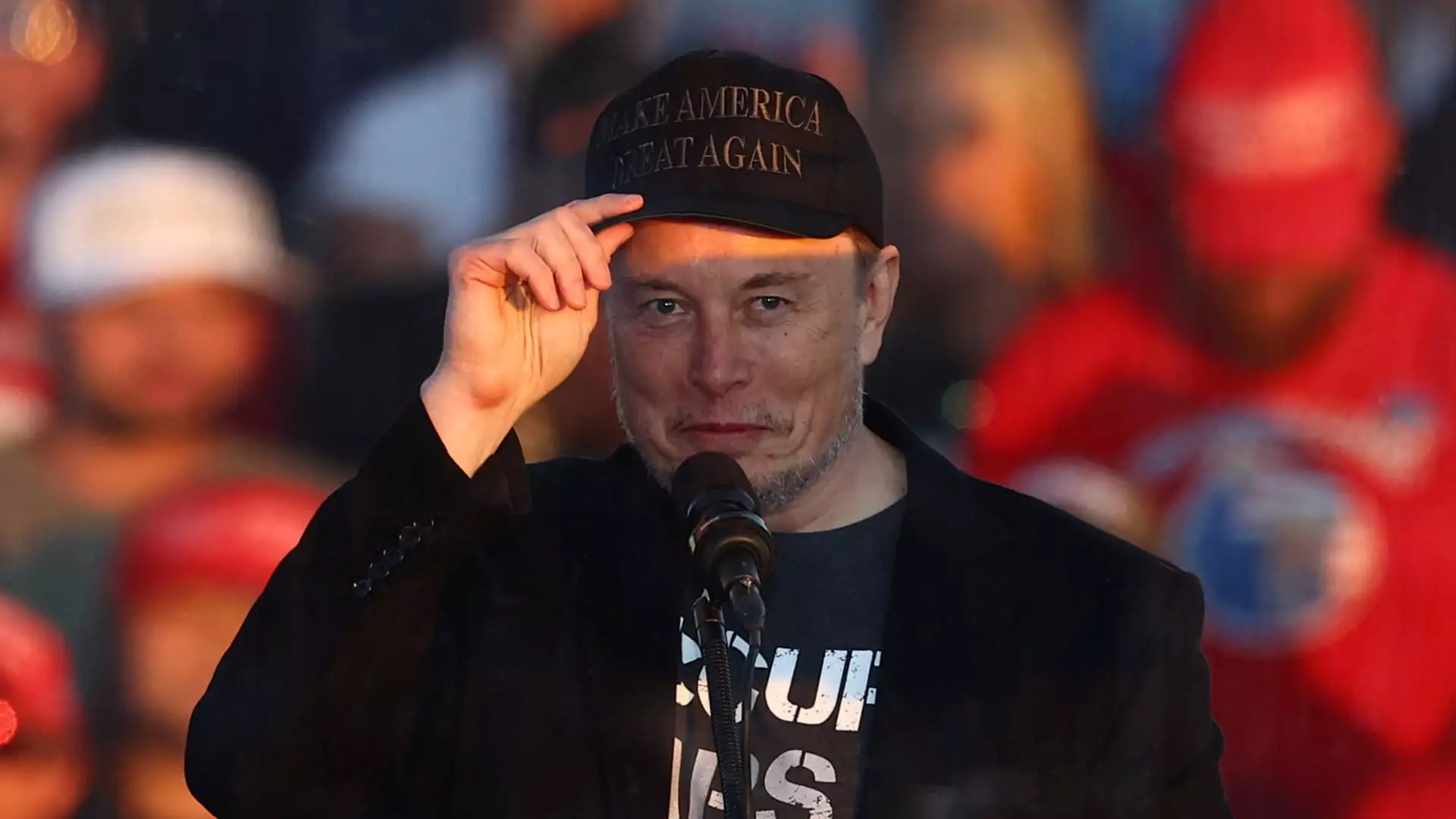Elon Musk, the polarizing CEO of Tesla and SpaceX, has once again stirred controversy, this time by endorsing Germany’s far-right Alternative for Germany (AfD) party on social media platform X. His statement that “Only the AfD can save Germany” has raised eyebrows not only within Germany but across the world, given the party’s history and ideology. In this article, we critique Musk’s involvement in international politics, particularly as it relates to the far-right and the implications of his social media presence.
Musk’s foray into politics isn’t entirely new; as a prominent billionaire, his financial endorsements have historically had significant political implications. His financial support for Donald Trump’s presidential campaign through substantial donations has already established him as someone with influence over right-wing political platforms. However, endorsing a party like the AfD raises critical questions about his awareness of the ramifications of such actions. The AfD’s ideology is rooted in nationalism, and its leadership has often made headlines for promoting xenophobic and anti-Semitic sentiments.
By leveraging his massive following—over 200 million on X—Musk’s opinions can easily gain traction, potentially swaying public perception and further legitimizing extremist views. In his recent endorsement, Musk shared content from Naomi Seibt, a controversial influencer known for promoting white nationalist theories and increasingly questioning climate change science. By associating with such figures, Musk risks aligning himself with toxic ideological currents that are undermining democratic principles.
The reaction to Musk’s endorsement from German officials has been swift. Chancellor Olaf Scholz dismissed the idea that the AfD has any potential to “save Germany.” The strength of this rebuttal lies in Scholz’s emphasis on the unprincipled nature of far-right politics, particularly as Germany navigates its complex history with Nazism. Senator Chris Murphy, drawing attention to Musk’s apparent affinity for a party that has made attempts to “rehabilitate the image of the Nazi movement,” further underscores the dangers of Musk’s position as a billionaire influencer.
Musk’s support of the AfD comes amid the party’s rising popularity in German politics, particularly as the country’s left-wing coalition has faced challenges. Polling indicates that the AfD is currently in a viable position to capture votes in upcoming elections, reflecting a wider trend of far-right parties gaining traction across Europe amid economic uncertainty.
The endorsement of far-right parties is a pattern not just limited to Germany; Musk’s political affiliations extend globally. In recent years, he has shown support for right-wing figures in Italy and the UK, such as Giorgia Meloni and Nigel Farage. This indicates a broader inclination toward populist movements that often hinge on divisive rhetoric. His endorsement of far-right leaders points to an ideological alignment that appears to contradict claims of innovation and progressiveness typically associated with his brands.
Musk’s interests veer into the territory of electric vehicles, an industry that the AfD has criticized. The party has framed the advocacy for electric vehicles as part of a broader ideological climate movement; their claims suggest a contradictory stance where Musk’s business interests could be at odds with his political endorsements. This raises critical questions about the sustainability of electric vehicle production in Europe, especially as Tesla faces declining sales in a challenging European market.
Musk’s endorsement of a party like the AfD illustrates the danger of celebrity influence within political spheres. High-profile individuals wield an immense platform that can shift public opinion and generate discourse, but their influence can also perpetuate dangerous ideologies. The consequences of constructing a discourse around political movements based on personal bias and unfounded endorsements can lead to societal polarization, particularly in an era where misinformation spreads more rapidly than fact.
Elon Musk’s political endorsements represent a complex intersection of technology, finance, and ideology that raises critical questions about accountability in the public sphere. While his contributions to innovation cannot be overlooked, his actions must be scrutinized through the lens of social responsibility and the societal impact of aligning with far-right movements. As influential figures like Musk continue to engage in politics, we must remain vigilant about the narratives they perpetuate and the consequences of their endorsements.

